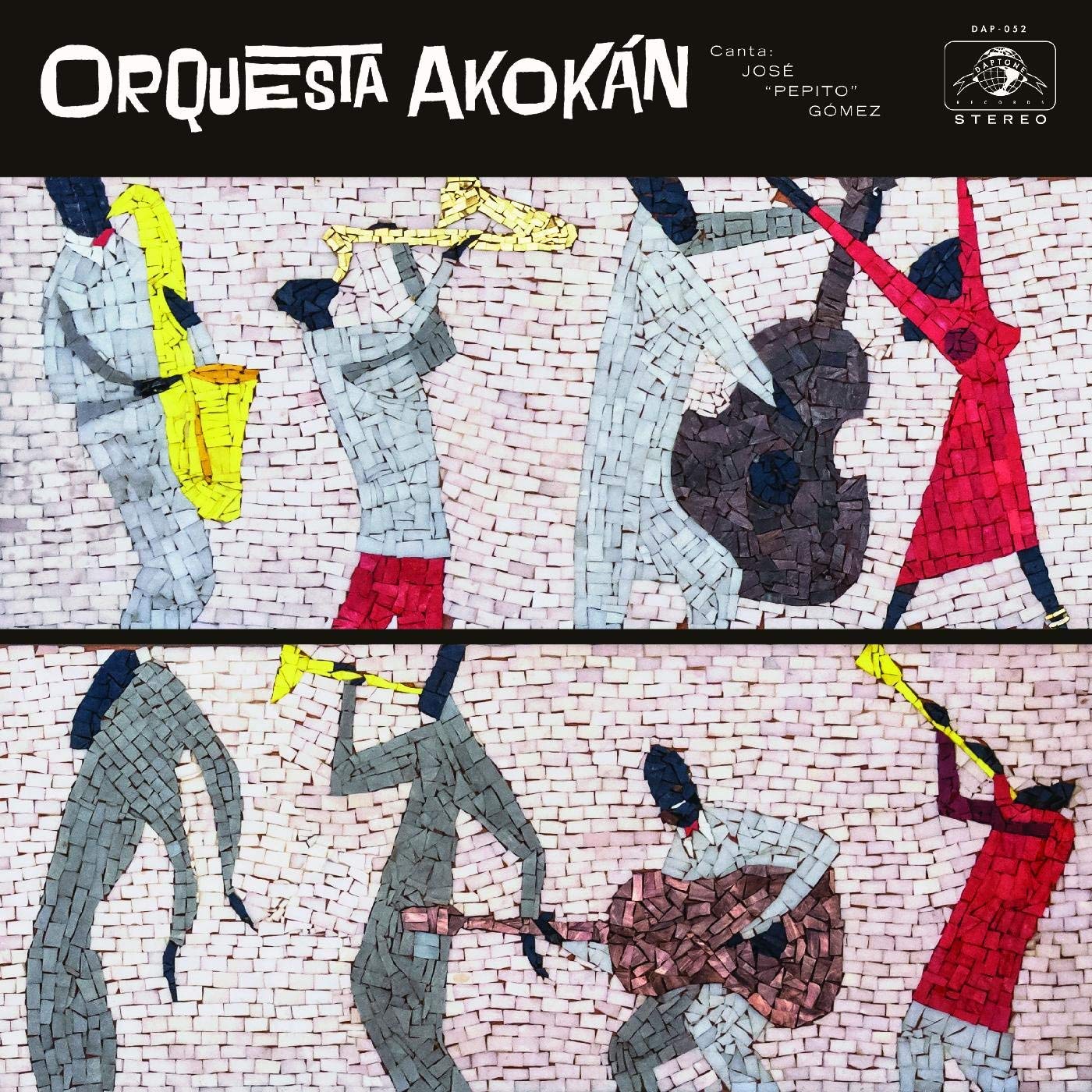On March 30, Daptone Records will release the new album by Orquesta Akokán. It is among my favorite albums of the past few years--so much flavor, amazing arrangements and creative orchestration. Read more about them here at NPR program alt.Latino.
I was honored to have been asked to write the liner notes for the, which I'm including here:
Listening to the new LP by Orquesta Akokán, you can't help but feel the spirits of Cuba's musical giants radiating from the speakers. But honoring and caring for these spirits is not easy work, nor is it a task to be left solely to one generation. It is a collaboration of young and old; The elders know the traditions, the gestures, the incantations, but it is the younger generation that have the duty to learn, the strength to carry on, and the fire and soul to make new songs for new spirits.
In November of 2016, Michael Eckroth traveled to the hallowed Areito studios in Centro Habana with a stack of charts tucked under his arm. Arriving in the cavernous wood-paneled live room, he took stock of the players assembled by producer Jacob Plasse: a dozen or so of Cuba’s most ferocious and pedigreed wind and rhythm players from storied groups including Irakere and Los Van Van, the sensational veteran vocalist José “Pepito” Gómez, and a handful of seasoned young New York Latin music freaks. These musicians would transform his charts into the living, breathing document you’re holding in your hands.
An arpeggio tumbles sweetly down the keys of the piano, and the set bursts forth en masse with exclamatory trumpet blasts, introducing saxophones that immediately establish themselves as the center of a rhythm section. The arrangements carry the exquisite beauty, pathos, and playfulness of the renowned dance orchestras of the 1940s and 1950s who had recorded in this very room, evoking the ghosts of Arsenio Rodriguez, Perez Prado, and Beny Moré. And the robust, time-tested musical architectures of son cubano and mambo are present and skillfully honored through all nine of these original compositions. The melodious tres cubano, the swinging tumbao of the congas, the tight blend of vocal harmonies — they’re all there. Yet there’s something unequivocally fresh — saxophone sections playing montunos where you’d imagine a piano, an angelic, swinging flute you’d expect in a charanga recording, sones — vocal improvisations that have the seasoned flow and cadence of mid 1970s “salsa dura” singers, and of course, the appearance of the inimitable César “Pupy” Pedroso on piano. Somehow this synthesis of musical grammar and compositional styles, of Havana and New York, of old and new, makes perfect sense.
Akokán is a Yoruba word used by Cubans to mean “from the heart” or “soul”, so it comes as no surprise that a recording like this would find its way back to Brooklyn’s Daptone Records. For nearly a generation, the venerable label has brought us soulful music in a myriad of styles, made in the present, but with all the craft and flavor of the classic recordings of the past. In doing so Daptone has enshrined both the genres it honors as well as artists creating new works in the universal canon of dance music. It’s a perfect kitchen from which to serve this captivating baile between old and new — una sopa levantamuertos (soup to raise the dead), prepared with rhythm, with care, and above all, con akokán.
-Martín Perna, Antibalas

